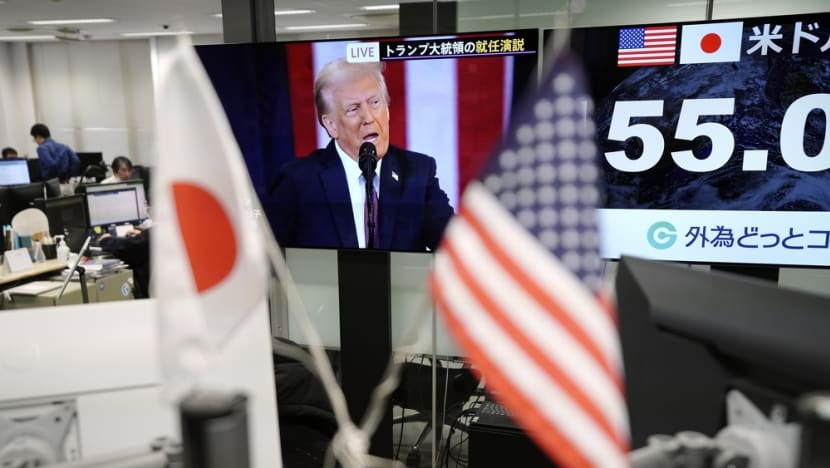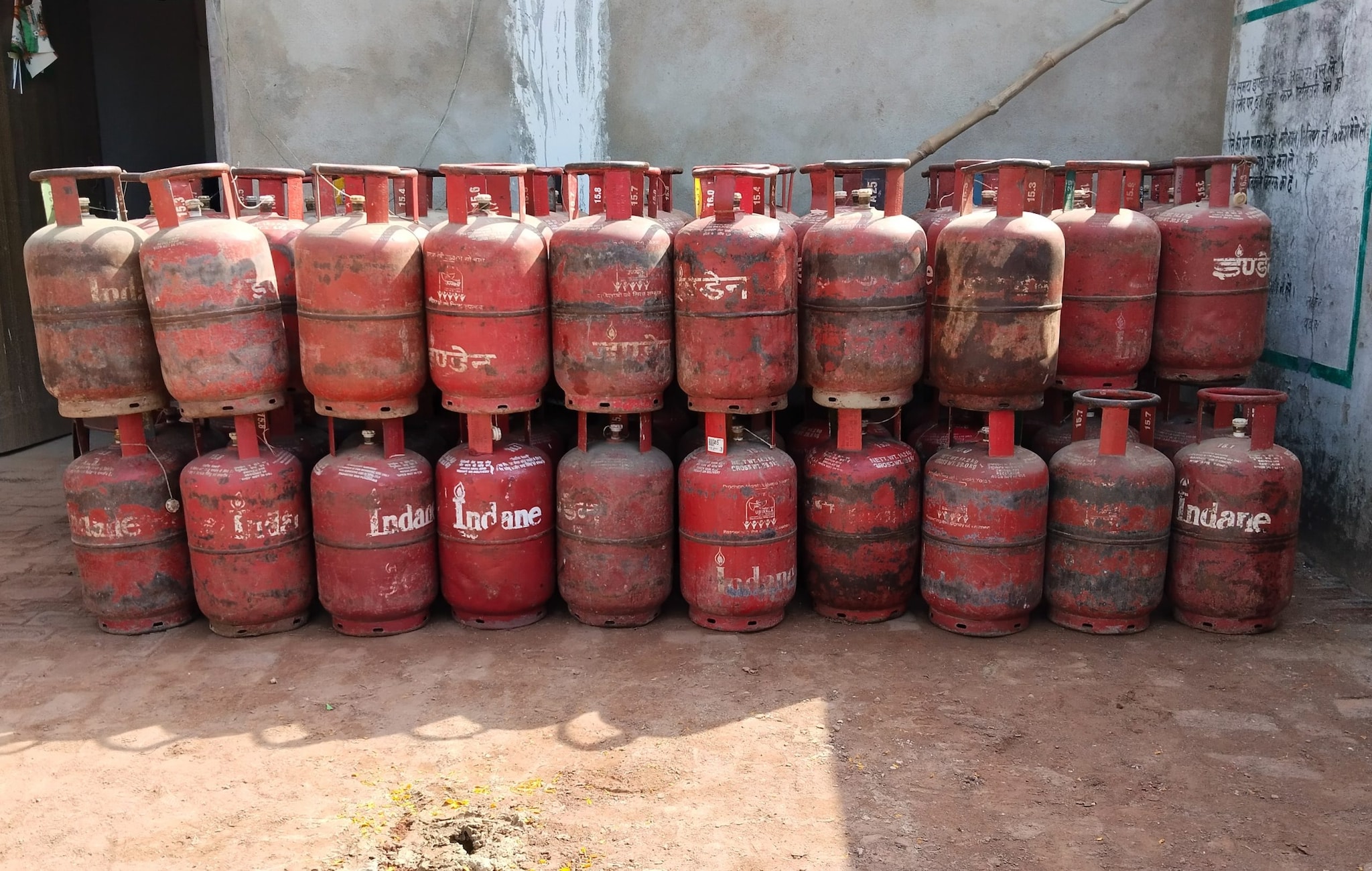TOKYO: Japanese officials have headed to Washington for tariff talks , and the stakes are high – not just for Tokyo, but for the world. The Asian nation is the canary in the tariff coal mine. If it can’t secure a good deal, there’s little hope for others .
Ryosei Akazawa, minister for economic revitalisation and a longtime ally of Prime Minister Shigeru Ishiba, is leading the negotiating team and says there’s no point in anything other than a win-win deal that boosts the interests of both countries. As a key security ally, Japan is in a better position than perhaps any other country to secure that, particularly the more the Trump administration hardens its stance on Beijing. The world will be watching to see if the promised “first mover advantage” materialises, with the United Kingdom, Australia, South Korea and India among those next in line to make their pitch.

But remarks from Treasury Secretary Scott Bessent, who will lead the US delegation, suggest the potential for fireworks. “Japan remains among America’s closest allies,” Bessent acknowledged. But in noting that the talks will include not only tariffs but also “non-tariff trade barriers, currency issues and government subsidies”, he may be laying the groundwork for comprehensive airing of grievances – real and imagined – that the Trump administration harbours.
COMPLAINTS DIVORCED FROM REALITY Once seen through a 1980s lens as a protectionist nation, Japan is now a champion of free trade, rescuing the Trans-Pacific Partnership when Trump abandoned it in his first term, and helping lead the Regional Comprehensive Economic Partnership that covers trade across much of Asia. But can Akazawa persuade the US side to see reality? Trump’s complaints have been largely divorced from reality, from his talk of barriers on auto sales to suggestions that it levies a 700 per cent import on rice, a figure that ministers have derided as “incomprehensible”. This thinking isn’t just limited to the current president.
Successive US administrations, from both sides of the aisle, have found things in Japan they dislike. In the posthumous memoirs of the late Shinzo Abe, the former prime minister details how in 2014, then President Barack Obama made much the same argument as Trump. Dining at famed sushi joint Sukiyabashi Jiro, Obama told Abe: “I didn’t see a single American car on my way here.
You need to do something about this.” The prime minister explained there were no tariffs on US cars, but Obama protested, citing supposed “non-tariff barriers”. Perhaps it’s not hard to see where this line comes from, with the Hudson Institute noting Japan autos are so successful in the US, they account for more than three-quarters of the trade deficit.
But Abe explained that American makers simply made no effort to sell in his country, neither changing the position of the steering wheel to match Japanese roads, nor even advertising on TV like European makers. Obama “shut up pretty quickly after that,” Abe wrote. FINDING COMMON GROUND Trump does not have a history of shutting up after being presented with the facts.
In Bessent, however, Japan will at least be dealing with someone who has closely watched the country for years. The treasury secretary not only made a fortune from being early to bet on how Abenomics would weaken the yen, his 2022 article on Abe’s legacy reveals how he is inspired by the former prime minster. “Abe proved that you can put your nation’s interest first, while still maintaining a strong alliance with your allies,” he writes.
“Western democracies would have surely benefited from his statecraft and leadership.” And there are lots of areas in which to find common ground. If Bessent wants to talk currencies, a stronger yen and weaker dollar is something Japan would welcome to alleviate inflationary pressures.
Tokyo, the world’s biggest buyer of liquefied natural gas and a fan of diversifying its suppliers, would likely be only too happy to purchase from the planned US$44 billion project in Alaska, and likewise might welcome the opportunity to acquire more top-of-the-line US military equipment. It can also throw the US side some fairly meaningless concessions too, like adjusting safety standards to make it easier for US makers to sell cars (which still won’t affect sales by local manufacturers one bit). Or perhaps it can kill two birds with one stone by using US rice imports to help relieve price pressures on the staple.
A BLESSING IN DISGUISE Indeed for all Ishiba’s talk of a “national crisis”, the tariff scare might be a blessing in disguise. It has pushed off the front pages a funding scandal that briefly threatened his premiership. The issue also gives him an excuse to throw fiscal discipline out the window and break out the chequebook ahead of upper house elections this summer.
Japan does have leverage, being by some distance the largest holder of US Treasuries. But contrary to reports suggesting it was responsible for the surge in yields some believe stayed Trump’s hand, it’s close to impossible to imagine Tokyo resorting to such levels of diplomatic brinksmanship. And despite Ishiba’s talk on Monday (Apr 14) that Japan won’t fold in the hopes of reaching a quick deal, Akazawa will doubtless play it safe.
But in Trump, he is dealing with an opponent who rarely takes the prudent path. And if even Tokyo can’t secure a positive deal, that might lead other nations to decide that the better strategy is fighting back..
Business

Commentary: If Japan can’t get a good trade deal, can anyone?

The world should watch trade talks between Tokyo and the Trump administration, says Gearoid Reidy for Bloomberg Opinion.














